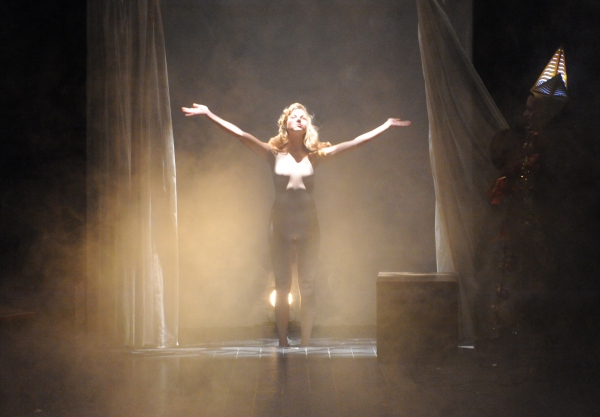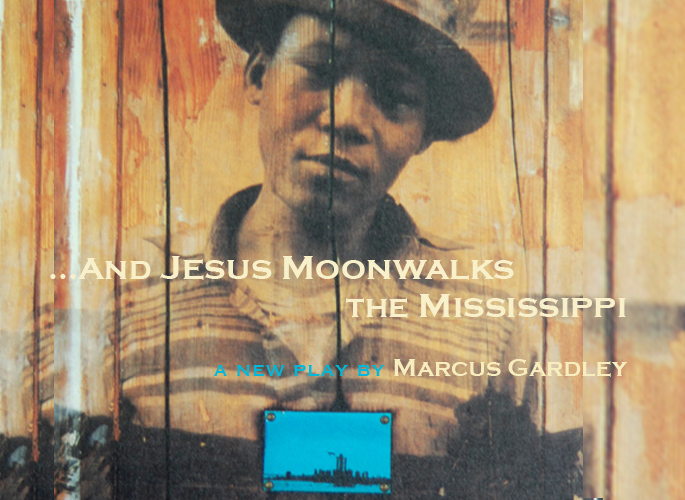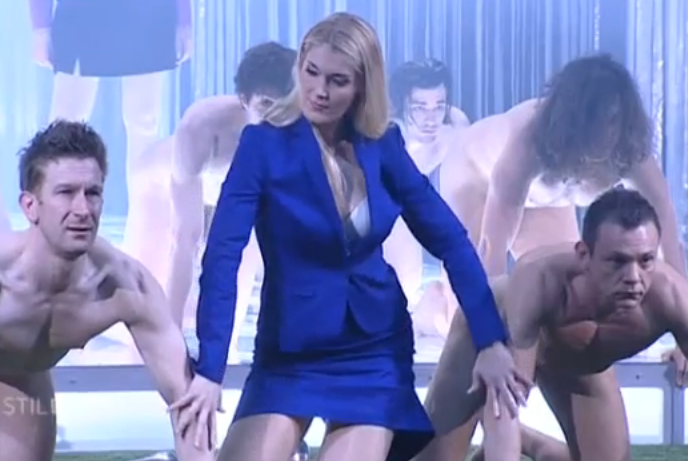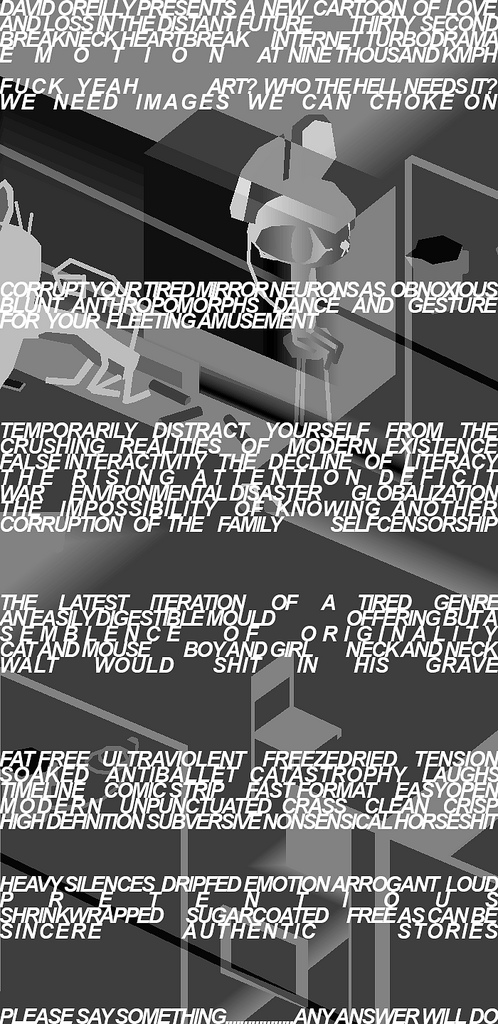Review: Lovesong of the Electric Bear
Regular readers of this blog know that I have a taste for the surreal and irrational in theater. What they may not know is that I happen to have a degree in computer science. My wife knowing both those facts (either that or she got REALLY lucky) brought my attention to a show opening in NY this week that was described as the biography/fever-dream of one of the founders of computer science, Alan Turing.
Playwright Snoo Wilson shows excellent choice in subject material. Alan Turing’s life is operatic in its trajectory right out of the box, from the early mathematical successes at King’s College, Cambridge through his heroic breaking of German naval codes during WWII, to the tragic unraveling of his life due to his homosexuality and his ultimate suicide. Wilson connects the strands of this tragic biography with a host of fanciful theatrical inventions, most predominantly the interjection of Turing’s beloved Porgy Bear into almost every area of his life as confidant, advisor, narrator, protector – a sort of deus ex ursa. Alex Draper as Turing and Tara Giordano as Porgy the Bear are the only actors on stage who maintain their roles throughout the show, the rest of the ensemble playing multiple roles (although in a clever turn, while the other actors play different characters in name, they each play consistant roles in Turing’s life, Alex Cranmer as the Father/Bully/Drill Sergeant, Peter B. Schmitz as the Mentor/Schoolmaster/Colleague, Nina Silver as the Mother/Judge, Cassidy Boyd as the Boyhood Lover/Fantasy Lover).
The challenge in biographical works, Read the rest of this entry →





